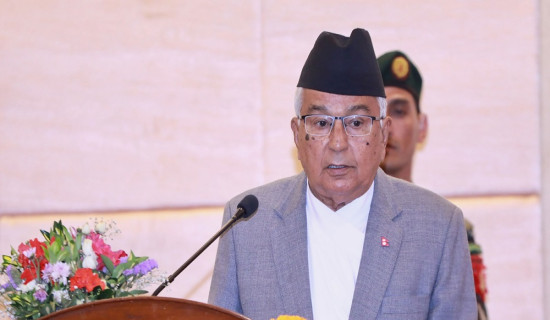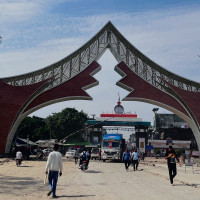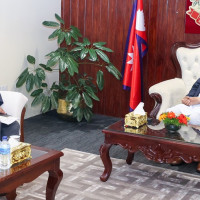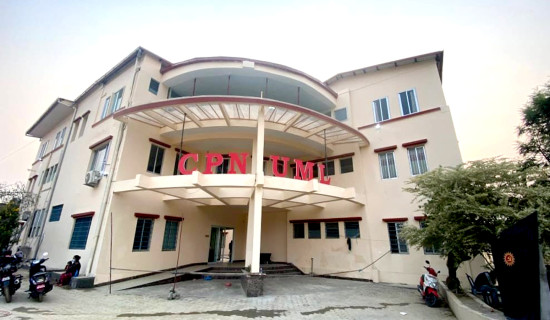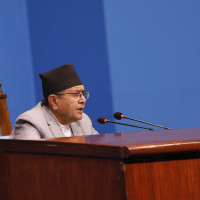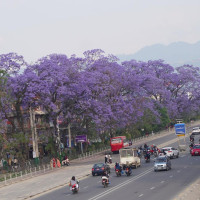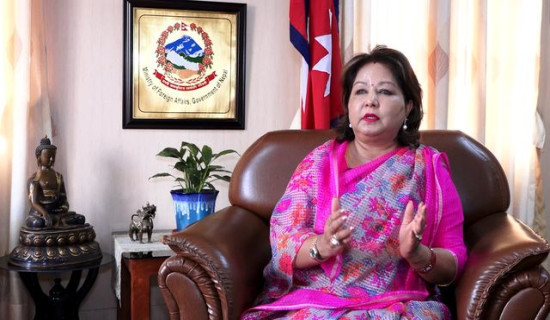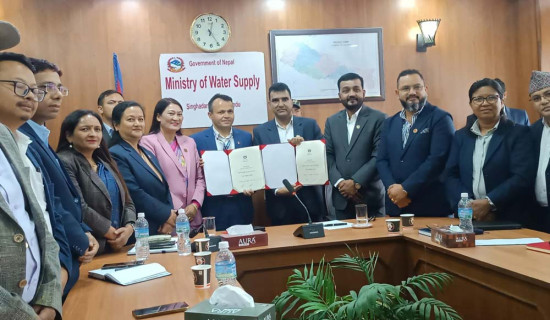- Saturday, 10 May 2025
Unlock Madhes's Potential
With the promulgation of a new constitution in 2015, Nepal has embraced a federal democratic republic in place of a monarchical and unitary system. Around a decade has elapsed since the country was restructured into federal governance. Federalism is the more refined form of decentralisation. Due to the diverse topography and ethnicities, federal administration better suits our realities. Fair distribution of resources, powers, rights and opportunities lie at the heart of federal arrangement that is also expensive owing to the expanded networks of civil servants and elected officials. It is widely believed that federalism ensures identity, dignity and recognition of the citizens, especially of those living on the economic and social margins.
A federal system works better when the country has elected head of the government as it is democratic and inclusive, unlike that of a feudal monarchy in which resources have to be pumped into sustaining the hereditary structures. Nepal's federal republic is the result of more than seven decades of political upheavals and social movements. So it is rooted in the collective consciousness and aspirations of Nepalis yearning for durable peace, stability, prosperity and happiness. Under federal design, Nepal has been divided into seven provinces and 753 local levels. The three-tier governments – federal, provincial and local – are exercising their autonomy in mobilising resources, executing development projects and delivering goods and services to the people.
The other day, Prime Minister KP Sharma Oli, while addressing the Madhes Provincial Assembly, highlighted the significance of the federal republic in bringing changes to the lives of the people. He said: “The federal democratic republic is the result of our joint struggle. This system is not only a political achievement but also the fruit of the people’s efforts and struggles.” PM Oli called for implementing federalism wisely to bring good governance and equality to society while stressing coordination between the federal, provincial and local levels to make development plans more effective and people-oriented. The PM also noted that the present coalition government was formed to provide stability, good governance and prosperity to the nation. Madhes bears historical, cultural, and social significance.
The provincial government should promote the participation of the people in decision-making process to resolve its social and economic problems. It holds immense potential in agriculture, water resources, medicinal plants, forests and industrial growth. However, these potentials are unlocked only when there is an investment in infrastructure development. Located in the southern flank, Madhes is also referred to as 'breadbasket' for it supplies staple foods to different parts of the country. It is necessary to modernise agriculture sector with a focus on irrigation facilities, the use of advanced machines, improved seeds and people's access to finance, among others.
Priority should be given to completing the ongoing Sunkoshi Marin Diversion Multipurpose Project that is expected to irrigate 122,000 hectares of land in five districts of Tarai. Likewise, the federal and provincial governments should work in tandem to construct several projects, such as petroleum pipelines, railway networks, postal roads, expressways and the Ramraja Prasad Singh Institute of Health Sciences, which will give momentum to Madhes's development and generate jobs for the locals. Provincial and local governments in the Province should adhere to transparency and accountability so that the cases of corruption and irregularities are controlled and development projects are completed in time.



